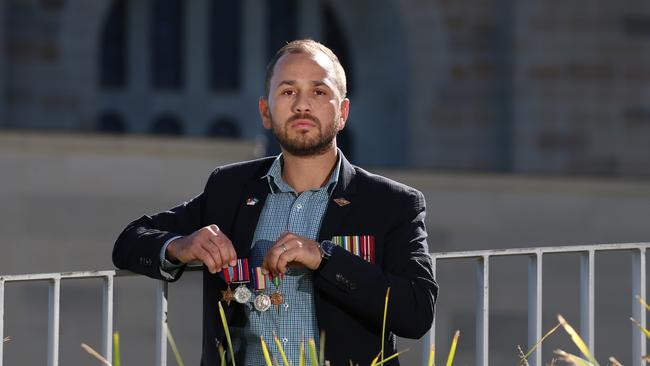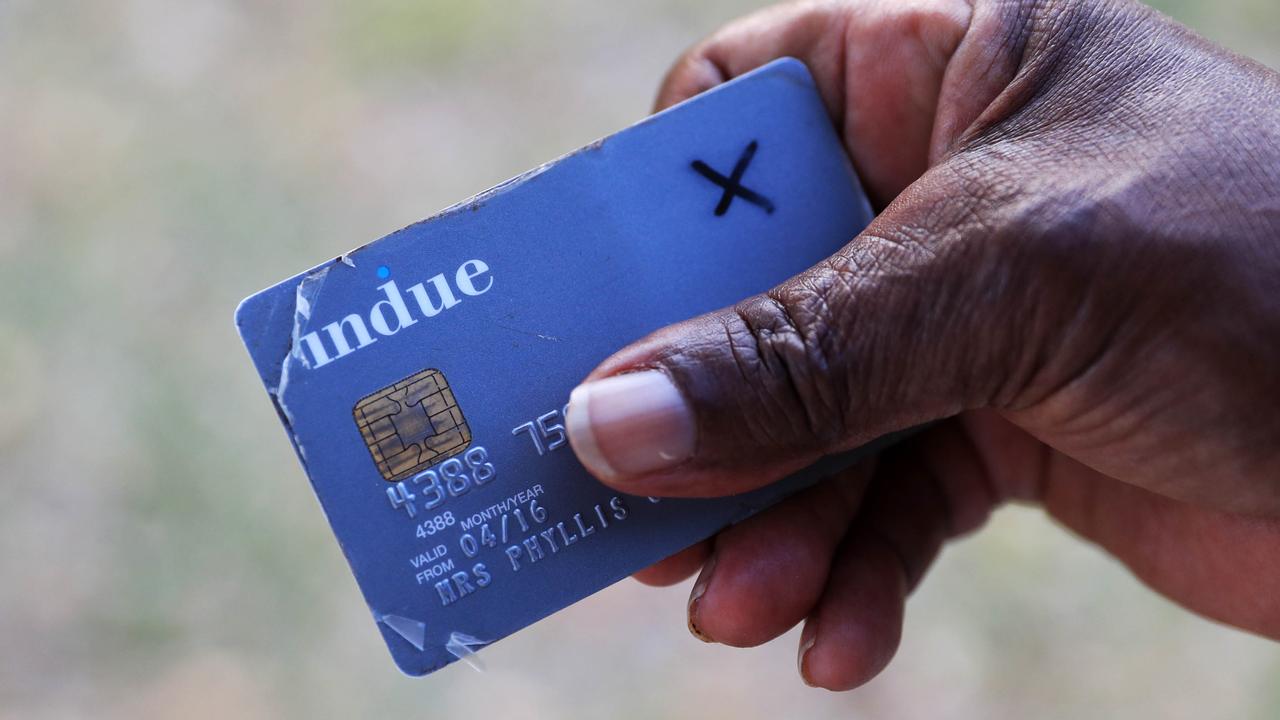Conservatives back ‘tangible’ change model for indigenous recognition
Two prominent Australians have declared indigenous recognition must produce ‘tangible, positive results’’.

A former governor-general and a former defence force chief have declared constitutional indigenous recognition must produce “tangible, positive results’’, an intervention that will boost support for an elected parliamentary advisory body.
Michael Jeffery and Angus Houston have dealt a fresh blow to attempts to achieve indigenous constitutional recognition by a so-called minimalist model by backing efforts to put a question to a national referendum that could produce wideranging constitutional change.
They are the most senior establishment figures yet to acknowledge the mood at indigenous consultations nationwide against minimalism, which is said to be preferred by politicians, calling instead for “a full and dignified reconciliation” and “tangible, positive results” from the outcome.
Minimalism, which will face fierce scrutiny at a final constitutional convention at Uluru next week, could be as simple as removing references to race and inserting some simple words of acknowledgment.
Substantive proposals include the elected indigenous body, which would be able to influence federal legislation, and a “declaration of recognition” document outside the Constitution — a proposal firmly backed by Sir Angus, the former defence force chief.
The intervention by Sir Angus and General Jeffery, governor-general in 2003-08, could be pivotal in building support among conservatives for a more far-reaching referendum question.
“I strongly support establishing an indigenous body to advise the parliament on indigenous matters,” Sir Angus said.
“It is vital that the voices and opinions of indigenous Australians are heard in the processes of parliament.”
This, and the declaration of recognition, he said, “would deliver tangible, positive results for indigenous Australians and allow the nation to move forward in a spirit of reconciliation and unity”.
General Jeffery said Corporal Richard “Dickie” Bligh was “one of my best junior battlefield leaders in Vietnam” and a friend to this day. “In the trauma of war, we all learned that it was not the colour of one’s skin that mattered, it was the colour of one’s heart,” he said.
“Although we cannot undo the injustices of the past, we must as a nation seek a full and dignified reconciliation, based on mutual understanding and respect, and the ability to compromise where necessary.”
The pair will join a Last Post ceremony and panel discussion at the Australian War Memorial tonight, with three indigenous former and currently serving personnel including Navy veteran Adam Bray, a Yiman man whose family was part of a successful native title determination in northern Queensland last year.
Mr Bray, who served between 2006 and 2012 and is now Telstra’s senior adviser on indigenous affairs, told The Australian the contrasting post-WWII experiences of his white and black grandfathers had moulded his view of the need for constitutional change left unfinished since the 1967 Aboriginal rights referendum.
One, the son of Irish-Australians, was able to create intergenerational wealth by buying a Sydney house with a returned service loan.
The other, an Aboriginal man whose family lived in Queensland’s Dawson Valley region for hundreds of generations, was refused access to the same scheme and denied his service medals while he was alive. Mr Bray said he died “a broken man”.
Describing himself as a “sensible centrist” politically, Mr Bray said he welcomed conservative support for proposals such as the indigenous parliamentary body.
“Even when the family got the native title determination, that was a 20-year struggle to convince the courts we were who we said, a group that’s been here since before 1788 but still had to prove their connection to the place,” he said.
“Hence as a way forward, that’s why I’ve supported the ‘voice’ to parliament; it’s a model that could give more say, and could deal with some of the annoyances that people have with the (Prime Minister’s) Indigenous Advisory Council being appointed rather than elected.”


